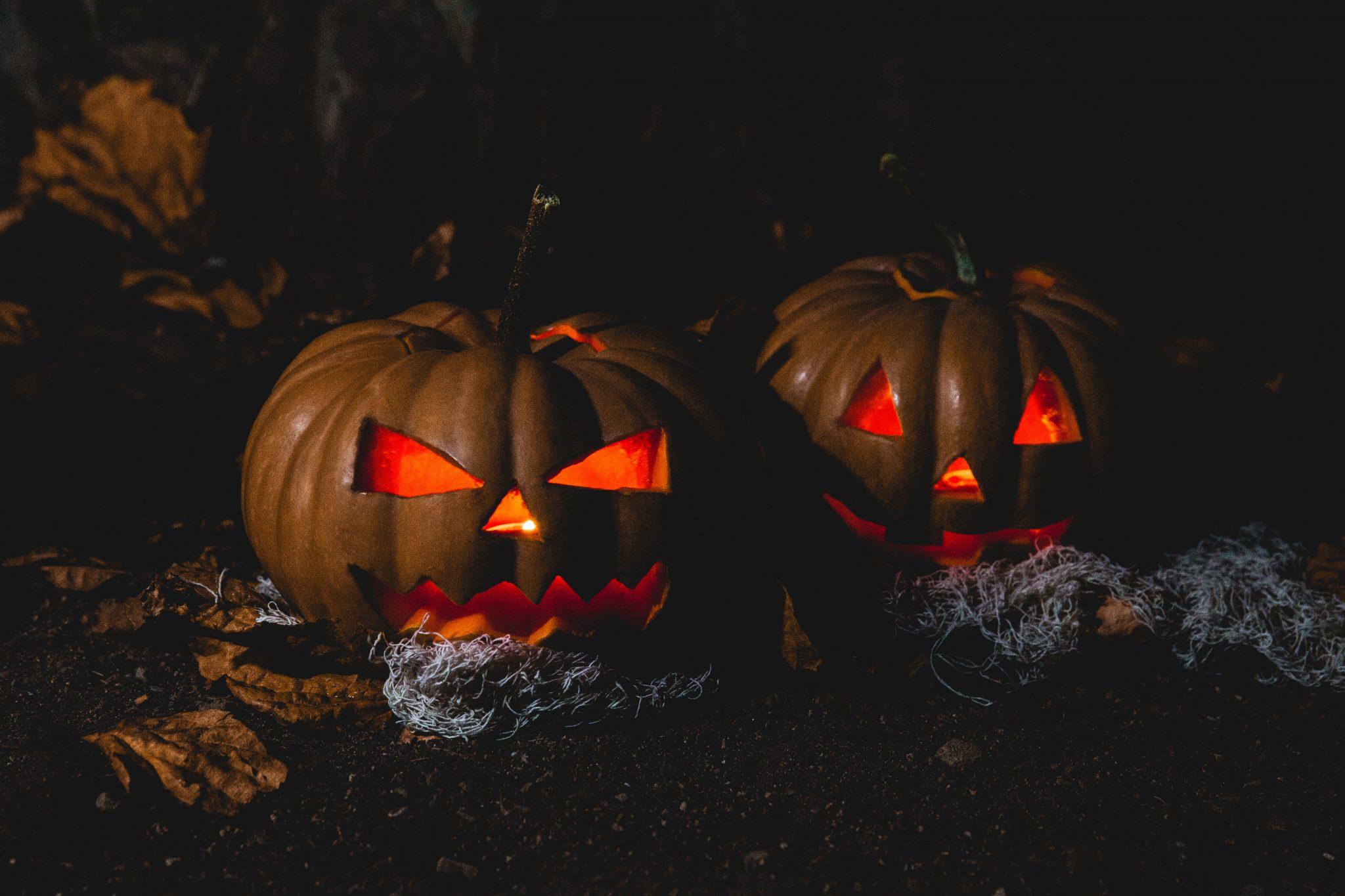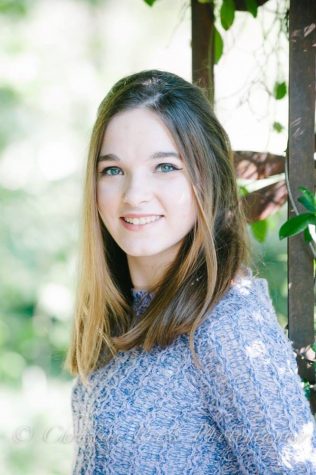There must always be a careful consideration when choosing a halloween costume for yourself.
It’s natural to feel drawn to dressing as your favorite movie character or a celebrity you admire, but a conscious choice must be made in order to have a fun and safe Halloween.
According to CBS News, this Halloween, a popular choice among young girls is to dress as the newest Disney princess, Moana.
Most parents think nothing of the choice, but may face backlash from others claiming that their children should not dress up as the Polynesian princess if they are white.
As adults, we are exposed to a completely different part of the world that children are shielded from.
Why expose them to a confusing part of our society that often brings trouble to everyone involved?
There is a fine line between racist and not racist, and as a society we must learn how to define it.
“It’s never okay to dress up as a culture, but there must be a definition when it comes to characters,” Alicia Biel, a freshman elementary education major, said. “When it comes to children dressing up as Moana, I think that it is okay because it’s a character. Now, if it is an adult who darkens the color of their skin to try and be Moana, I find that rude and offensive. Halloween is a hard time where the line is blurred and I personally think if you have to think about it, then don’t wear it.”
When the line becomes blurred around Halloween, it becomes society’s responsibility to make a good choice in costume, otherwise a night of fun could turn into a night of glum. Recently, Riverdale star Lilli Reinhart was in hot water for tweeting a picture of a Halloween costume, portraying a white girl with black makeup on her face.
“I wouldn’t say that Lilli Reinhart tweeted the image to offend, but to have fun,” freshman theater education major Ian Lee said. “I think everyone these days is too careful about fitting into their race. This is especially prevalent in predominantly ‘white majority’ countries such as the USA and a lot of Western Europe. No one wants to be the next person crucified because their children wanted to be Maui and the tattoo shirt of the Polynesian Demigod is darker than their child’s skin.”
After several complaints from fans on Twitter, Reinhart apologized in a tweet on Oct. 22 for her original post saying she never meant any to harm or offend anyone.
“I did not mean for my tweet to come off that way,” Reinhart wrote. “I can see how it was interpreted as being insensitive, completely. I saw the pic on a Halloween Instagram and didn’t think it would be interpreted as being racially insensitive. I apologize. Never meant any harm. I can see how it could’ve been misinterpreted.”
“I think there’s a social stigma of everyone trying to be judge, jury and executioner when it comes to what’s racist and what’s not these days,” Lee said. “We could instead just let people have fun with costumes and only worry about the legitimately racist dressing up in legitimately racist ways. It’s not offensive until the culture/race that it’s based off of says it is.”
The battle between characters versus cultural involves more adults than children, but children still remained involved when their costume choices fall under criticism.
Certain cultures should not be exploited on Halloween, but children are shielded from this debate for a reason.
On Halloween, a child should be allowed to be a child and should be exempt from the debate.
Adults need to be held to their actions when it comes to racism as they have a better sense of what racism means and what is and what isn’t offensive.
“The ‘acceptable behavior’ that is expected in society is hard to explain to a child when they admire a character like Moana,” Victoria Moreno, a freshman nursing major and a student staff member of the multicultural center, said. “Dressing up as stereotypes is different and exploits a culture when the culture should be appreciated.”
With the dozens of choices a person can find on the internet and in stores, there are many options a person can choose before deciding on something offensive.
There is a line that must be defined in our society and it needs to happen fast.
Children need to understand what is and what isn’t okay, but holding them to the same scrutiny adults are held to is unneeded and cruel.
A conscious choice must be made by everyone so that cultures are no longer exploited during Halloween and the fun can continue through to the witching hour.
Anna Muckenfuss is a freshman journalism major from Durham, North Carolina. You can find her on Twitter at @noel1122


